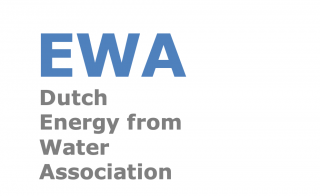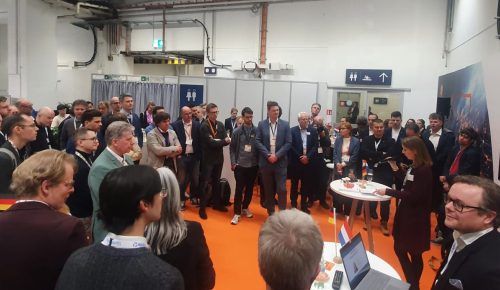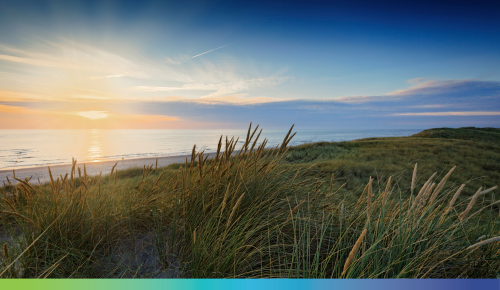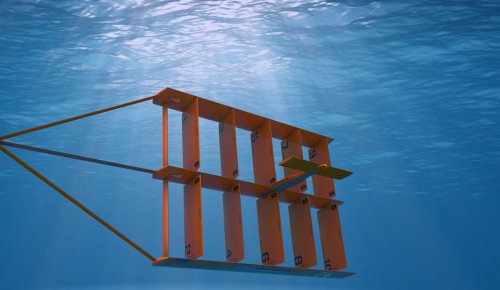Dutch Energy from Water Association

Dutch Energy from Water Association (EWA) promotes the generation and application of energy from water solutions and is committed to its members by representing common interests. We represent members developing or supporting wave, tidal, hydro, OTEC and Salinity Gradient power solutions. We accept membership from any organisation with an interest in energy from water: from supply chain, consultancy to knowledge institutes and technology developers.
EWA facilitates commercialisation and knowledge transfer for energy from water solutions. This is possible, because the members of EWA know the market & technology and understand the societal context. In addition, EWA is a knowledge provider through the promotion of trainings, courses and workshops and a knowledge broker by organising networking meetings, conferences and disseminating (market) research.
As a growing open community, EWA wants to build experiential knowledge. EWA gives the sector in the Netherlands a face. EWA promotes the opportunities for energy from water to new stakeholders, export markets, public bodies and citizens. EWA influences legislation and regulations, funding and policy.
The energy transition will take place at sea
The European Commission expects more than half of our renewable energy generation to come from the sea between 2030 and 2050. In the first place from wind, and later supplemented by floating solar panels, and wave and tidal energy.
The energy transition will therefore largely take place at sea. In this transition a new and sustainable Blue Economy, will emerge. Energy storage and green hydrogen production will play an important role. Solar energy at sea and wave and tidal energy are available when there is little or no wind. This makes the energy system more reliable, affordable and cost-effective, as less energy storage is needed with energy from water in the mix. They also contribute to a more efficient use of space in the sea.
Global niche markets
In the run-up to large-scale grid-connected projects, the sector is looking for niche opportunities abroad for the first profitable business cases, such as powering islands, aquaculture or ports with wave and tidal energy, or cooling new hotels in the Caribbean with Sea Water Air Conditioning (SWAC) technology.



